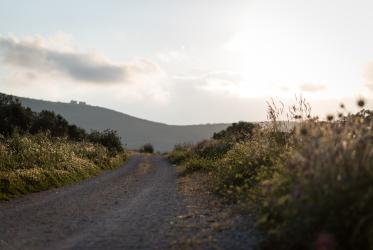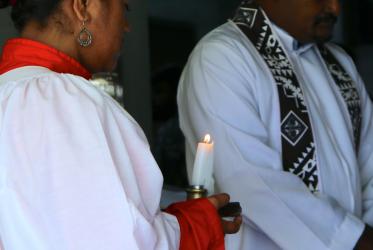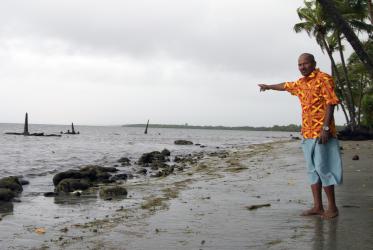Né à Nazareth, en Galilée, le pasteur Saïd Ailabouni a déménagé aux États-Unis à l’âge de 19 ans pour devenir médecin. Or, sa colère contre Dieu était telle qu’il a préféré suivre des études de théologie avant de devenir pasteur luthérien. Il est aujourd’hui à la tête du bureau pour le Moyen-Orient et l’Europe de l’Église évangélique luthérienne d’Amérique. Depuis qu’il a quitté sa terre natale, il y a 50 ans, il rend régulièrement visite à ses proches en Palestine. Alors que la Semaine mondiale pour la paix en Palestine et Israël approche, le pasteur Ailabouni accepte de confier certaines de ses réflexions, égrenées au fil des ans, au Conseil œcuménique des Églises.
12 September 2019






